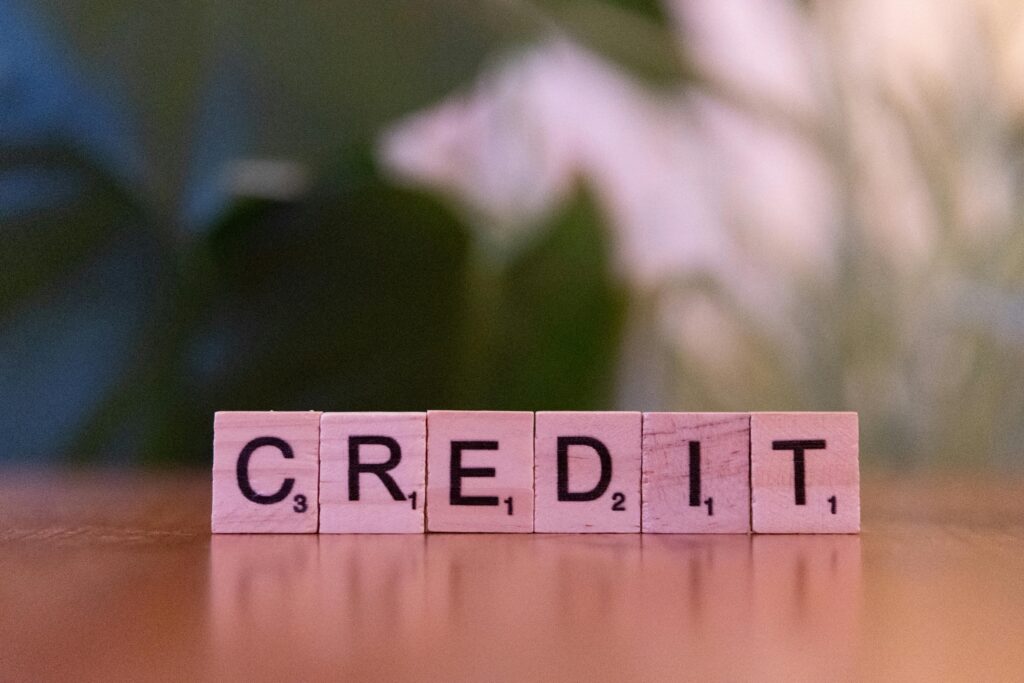Ever wonder why lenders care so much about your credit history? Whether you’re applying for a personal loan, buying a car, or even renting an apartment, your credit history can open doors or close them.
In this post, let’s break down how to build credit history and why building credit history matters (even if you’re starting from zero).
What Is Credit History, Anyway?
Your credit history is a record of how you’ve managed credit over time, including credit cards, loans, and other debts. It shows lenders how responsible (or risky) you might be when it comes to borrowing money.
This history is then used to calculate your credit score, which plays a huge role in determining whether you get approved for credit and what interest rates you’ll pay.
The Importance of Credit History: Why It Matters
The importance of credit history goes way beyond getting approved for a new credit card. Here’s why having a strong credit history can make life easier and cheaper:
- Better loan terms: A positive history can qualify you for lower interest rates on loans, saving you hundreds or even thousands over time.
- Higher credit limits: Lenders feel more comfortable extending higher limits to people with solid credit histories.
- Easier approvals: Whether it’s a mortgage, car lease, or personal loan, your credit history often determines whether you’re approved and how quickly.
- Rental applications: Landlords often check credit to decide if you’re likely to pay rent on time.
- Insurance premiums: In many places, insurance companies use credit as part of setting your premium.
Put simply: the stronger your credit history, the more financial opportunities you unlock.
How to Build Credit History: Practical Steps You Can Start Today
If you’re new to credit or trying to repair a thin file, don’t worry. Building credit history doesn’t have to be complicated. It just takes time, consistency, and some smart habits.
1. Apply for a secured credit card
A secured card works just like a regular credit card, but it requires a cash deposit as collateral. Use it for small purchases each month, and pay off the balance on time. Over time, these payments are reported to the credit bureaus, helping you build your credit history.
2. Become an authorized user
If a family member or close friend has good credit habits, ask if they’d add you as an authorized user on their credit card. Their positive payment history can show up on your report, giving your score a boost.
3. Pay bills on time, every time
Payment history is the single biggest factor in your credit score. Even one missed payment can set you back. Automate payments or set reminders so you never miss a due date.
4. Keep credit utilization low
Credit utilization is the percentage of your credit limit you’re using. Aim to keep it below 30% (ideally even lower). For example, if your card limit is $1,000, try to keep your balance under $300.
5. Consider a credit builder loan
Some lenders (including many credit unions) offer small loans specifically designed to help people build credit history. You make fixed payments, and at the end, you get the money plus a history of on-time payments.
6. Diversify your credit mix over time
Having different types of credit like an installment loan and a credit card can help your score. But don’t rush: only apply for new credit when you really need it.
Common mistakes to avoid when building credit history
While building credit is important, avoid these pitfalls:
- Applying for too many credit cards at once: each hard inquiry can temporarily lower your score.
- Carrying large balances month to month: it hurts your utilization and adds interest costs.
- Closing your oldest accounts: which can shorten your credit history and lower your score.
Start Now, Benefit Later
The importance of credit history is hard to overstate: it affects so many areas of life, from getting a phone contract to financing a home. And the best time to start? Today.
By learning how to build credit history and putting small, consistent habits into practice, you’re setting yourself up for better financial options, lower borrowing costs, and more peace of mind.
Ready to start building your credit history? Take that first step so your future self can thank you.


